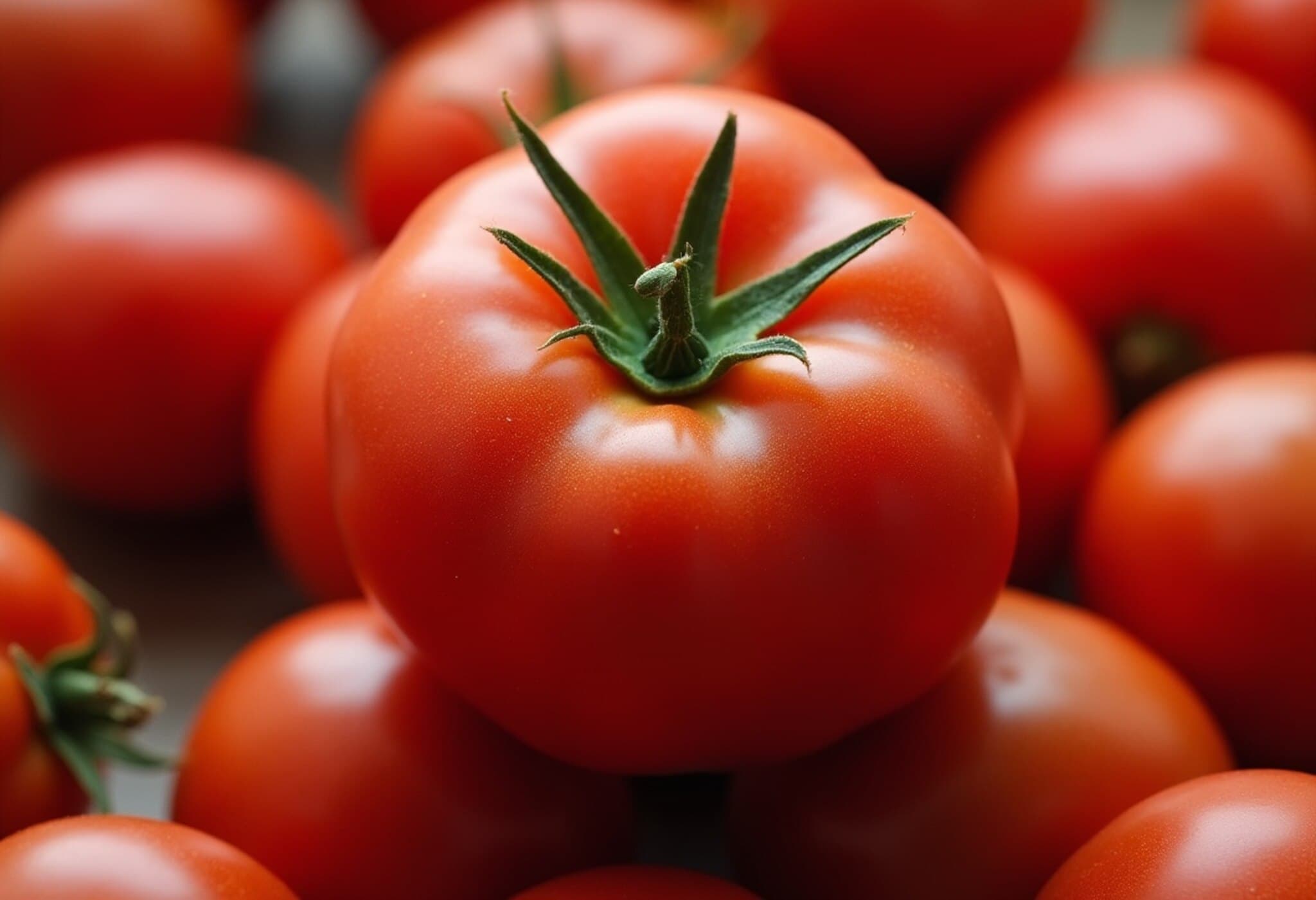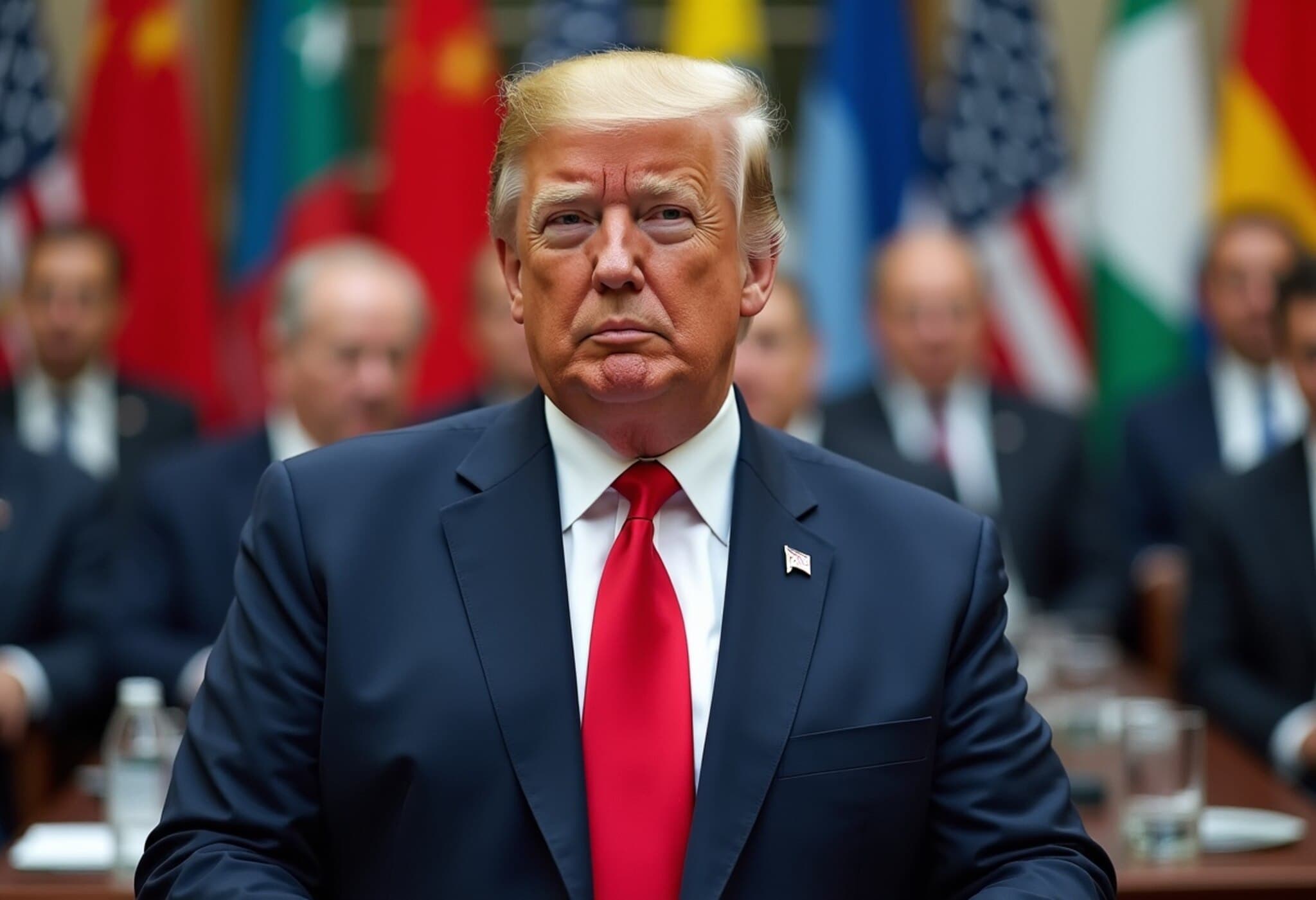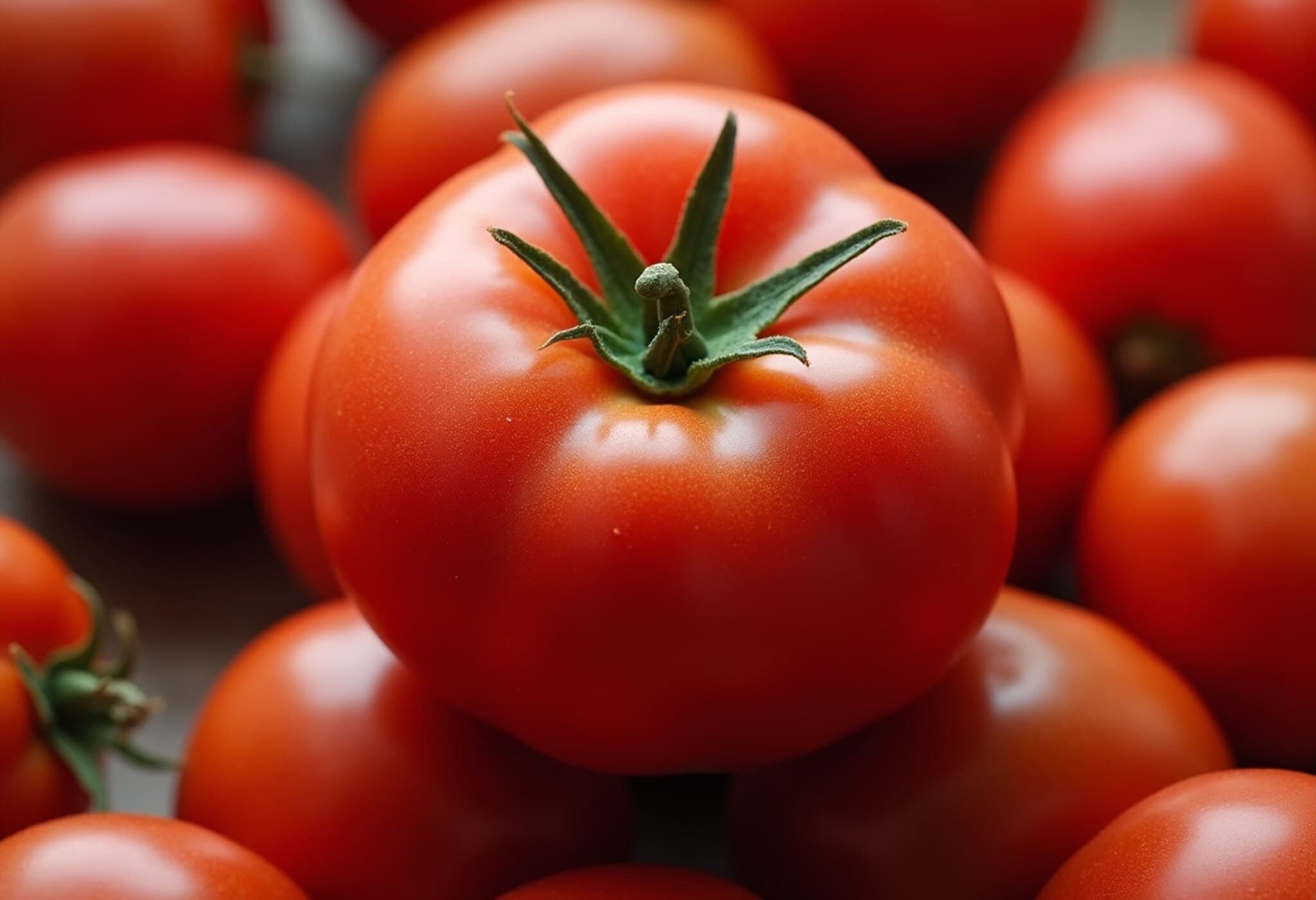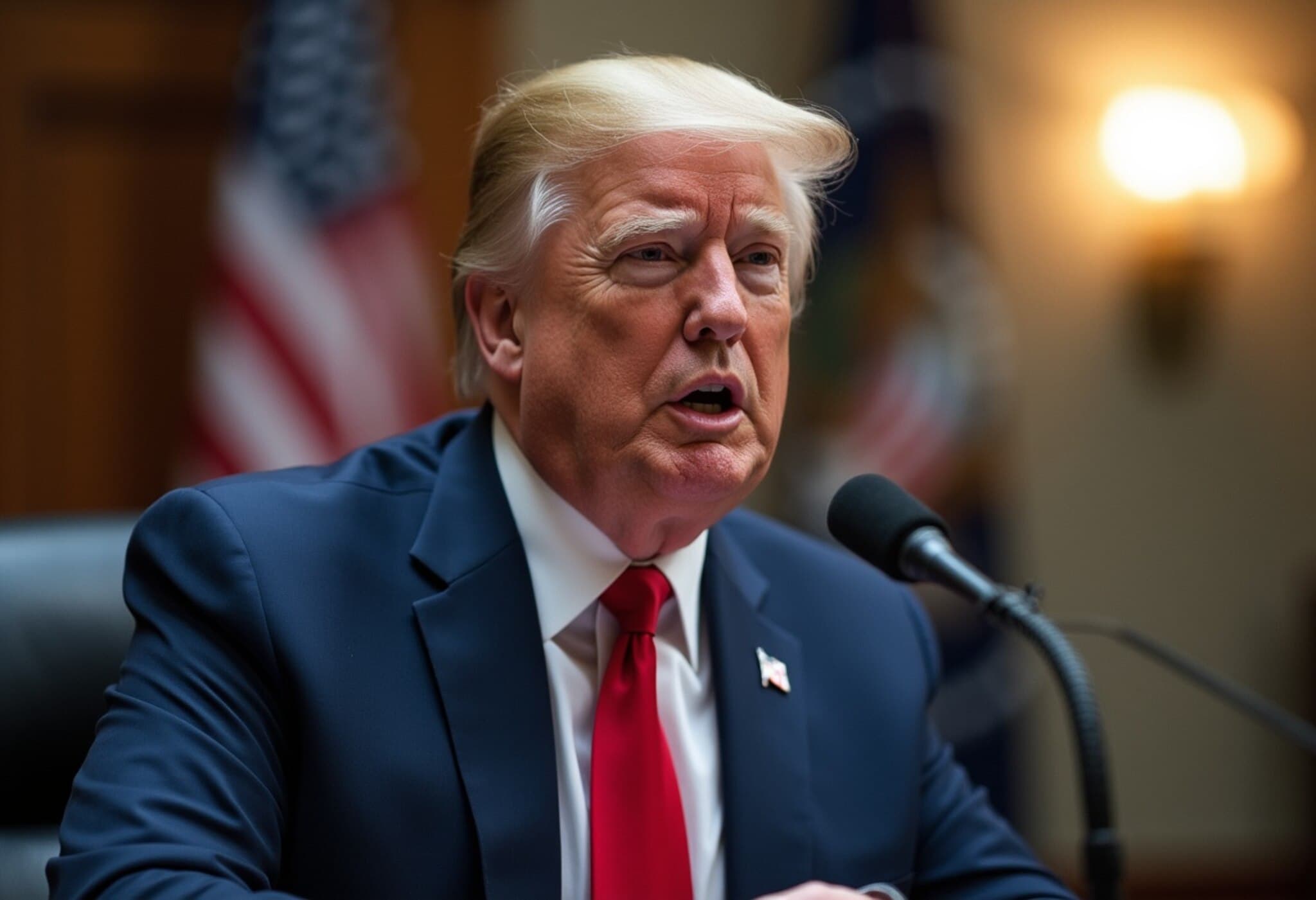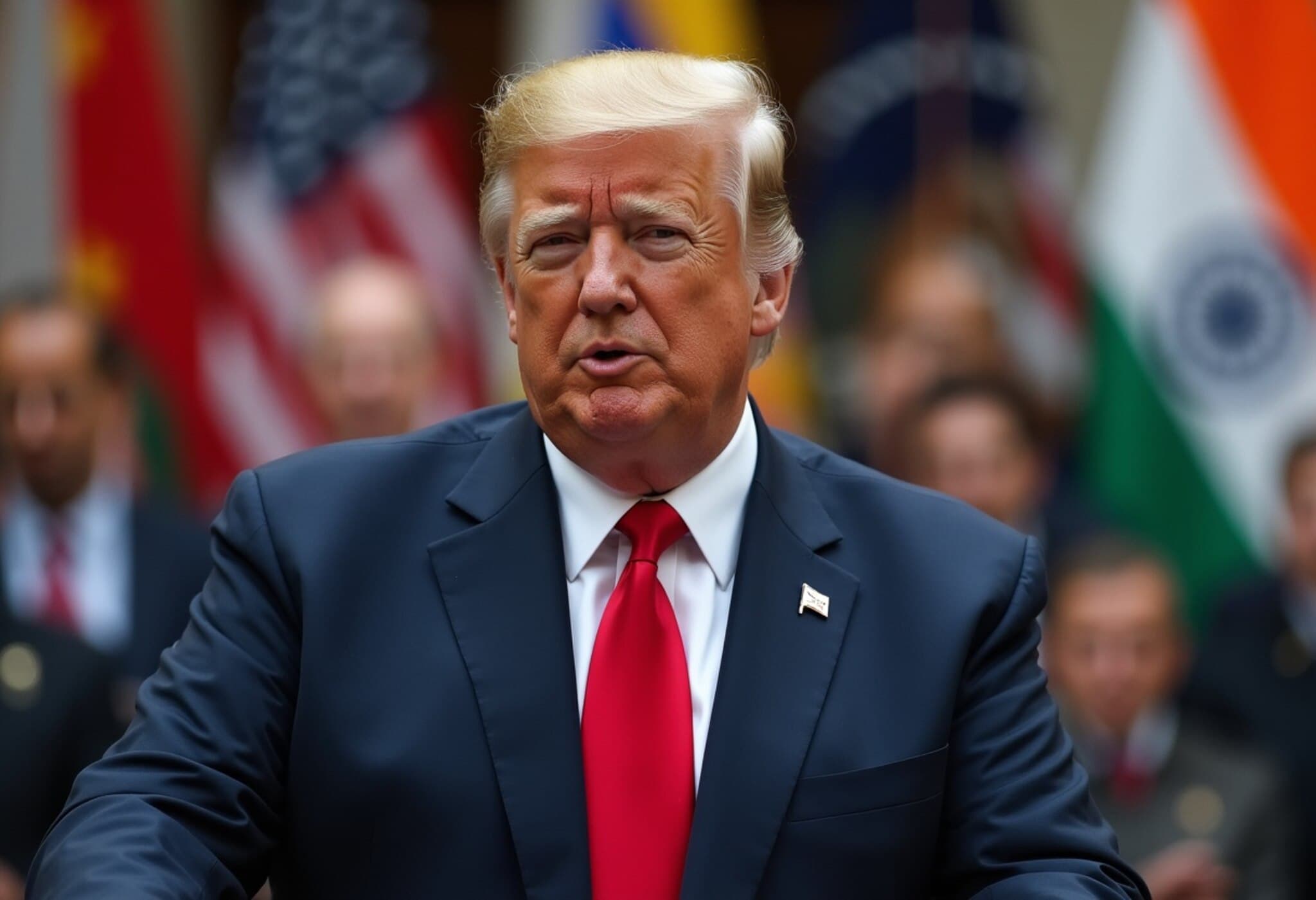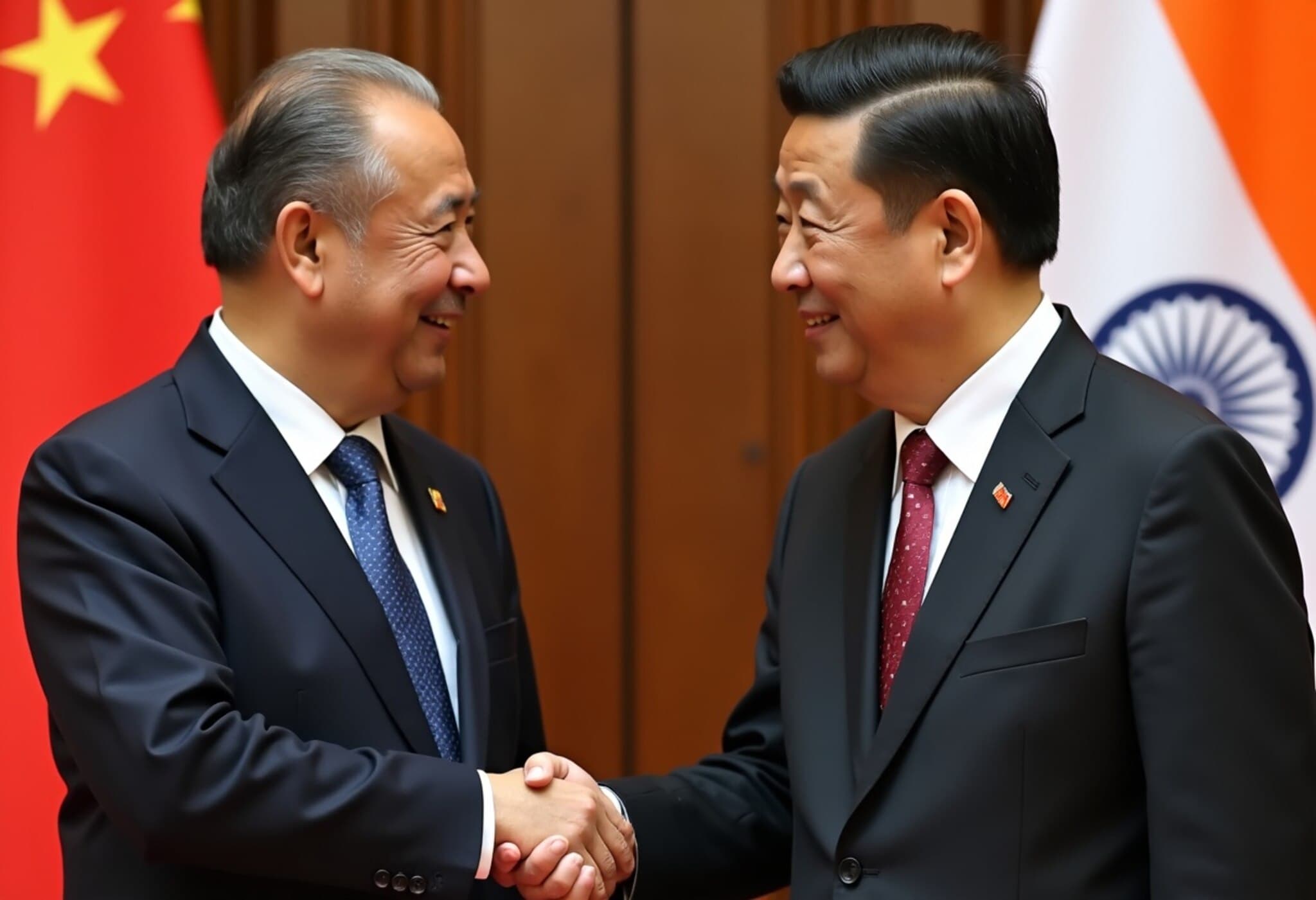US Imposes 17% Antidumping Duty on Mexican Fresh Tomatoes
On July 14, 2025, the United States Department of Commerce announced a 17.09% antidumping duty on most fresh tomato imports from Mexico, escalating a long-running trade tension between the two neighboring countries. This move comes after Washington formally ended the 2019 bilateral agreement that had previously prevented such measures, citing "unfair trade practices" by Mexican exporters as the driving cause.
A Major Shift in US-Mexico Tomato Trade Relations
Mexico supplies a significant portion of fresh tomatoes consumed in the US, making this development particularly impactful for consumers, producers, and the agricultural sectors on both sides of the border. According to Commerce Secretary Howard Lutnick, "Mexico remains one of our greatest allies, but for far too long our farmers have been crushed by unfair trade practices that undercut pricing on produce like tomatoes. That ends today." This statement underscores the US government's determination to protect American farmers against pricing it deems predatory or beyond fair market competition.
Despite ongoing economic interdependence, the US is now revisiting trade policies reminiscent of former President Trump's administration. Lutnick explicitly linked the latest tariff imposition to Trump-era trade strategies aimed at pressuring Mexico to renegotiate trade terms better aligned with American interests.
Economic and Political Context
The 2019 agreement between the two countries had created a framework to avoid antidumping duties on tomatoes, balancing Mexico's role as a major supplier and the interests of American growers. The US withdrawal from this pact signals a willingness to prioritize domestic agricultural competitiveness, even at the risk of inflating consumer prices.
- Impact on Consumers: Experts warn that these tariffs could drive up prices for fresh tomatoes in the US market, potentially burdening households and food industries that rely heavily on this staple ingredient.
- Mexican Government’s Response: President Claudia Sheinbaum pledged efforts to support tomato producers and mitigate the tariff’s effects, emphasizing cross-sector cooperation without disclosing detailed mitigation strategies.
- Official Statements: Mexican ministries of economy and agriculture issued a joint communique condemning the tariffs as "unfair" and warned that such measures ultimately hurt both Mexican producers and the US agricultural industry.
Broader Trade Implications
This tariff action represents the latest development in a series of trade frictions between the US and Mexico. Earlier this year, the Trump administration imposed sweeping tariffs on various Mexican goods, although some exemptions were made for products covered under the US-Mexico-Canada Agreement (USMCA).
Over the weekend preceding the tariff announcement, then-President Trump threatened to increase tariffs on Mexican goods from 25% to 30%, seeking leverage in trade renegotiations. Given that approximately 80% of Mexico's exports are destined for the US, these escalations have far-reaching economic repercussions for both countries.
Expert Commentary: Navigating Trade and Diplomacy
Trade experts note that while protecting domestic producers is valid, tariffs often have collateral effects, including higher costs for consumers and strained diplomatic relations. Moreover, agriculture is deeply intertwined with food security and rural livelihoods, making these duties more than just economic tools—they are policies with human consequences.
Legal analysts point out that antidumping duties must adhere to World Trade Organization (WTO) guidelines, and Mexico may consider disputing the US measures through formal trade dispute channels. Historically, such disputes require extensive negotiations and potentially lead to compromises or retaliatory tariffs.
What Lies Ahead?
The critical questions moving forward include:
- How will American consumers adapt to potential price hikes in tomato products?
- What mitigation strategies can the Mexican government realistically deploy to support its agricultural sector?
- Will both countries return to the negotiating table to forge a new agreement that balances fair trade practices with market demands?
- Could this dispute ripple into other agricultural or industrial goods, influencing broader trade patterns in North America?
As the situation develops, stakeholders on both sides of the border must carefully weigh trade protection against economic integration and regional collaboration.
Editor’s Note
This latest imposition of a 17% antidumping duty on Mexican fresh tomatoes reflects the enduring complexities of US-Mexico trade relations — a dance between cooperation and competition. While aiming to shield American farmers from what Washington calls unfair pricing, the measure raises concerns about rising consumer costs and the challenges faced by Mexican exporters. Beyond economics, it underscores the vital need for renewed dialogue grounded in mutual respect and balanced trade policies that serve the broader North American community.

